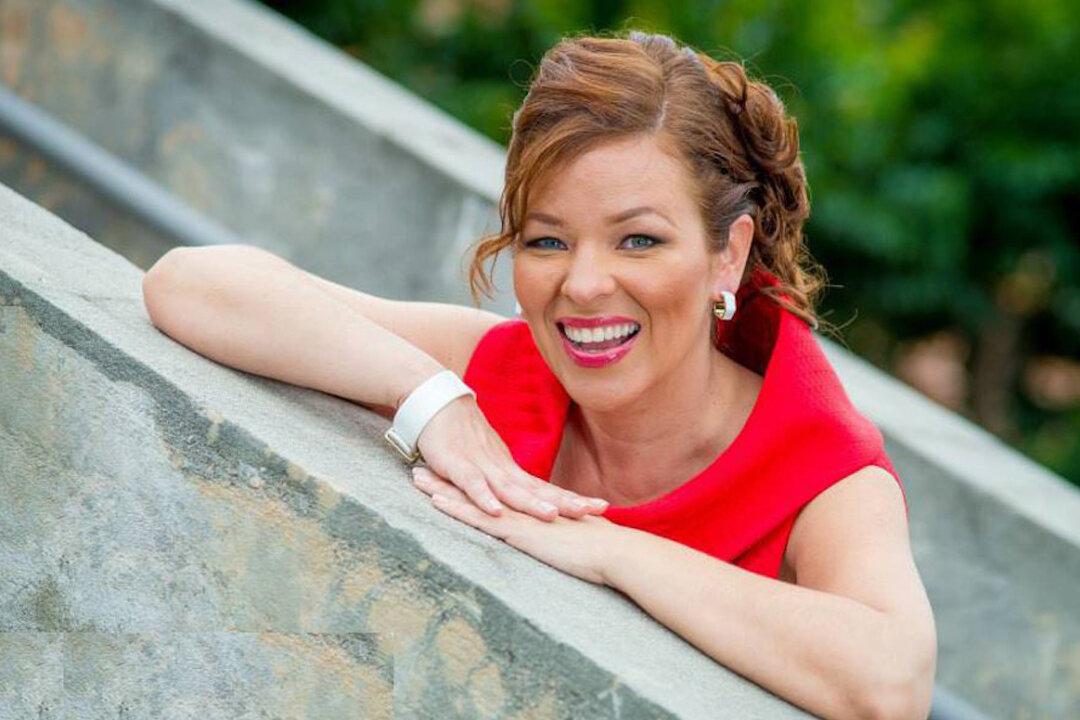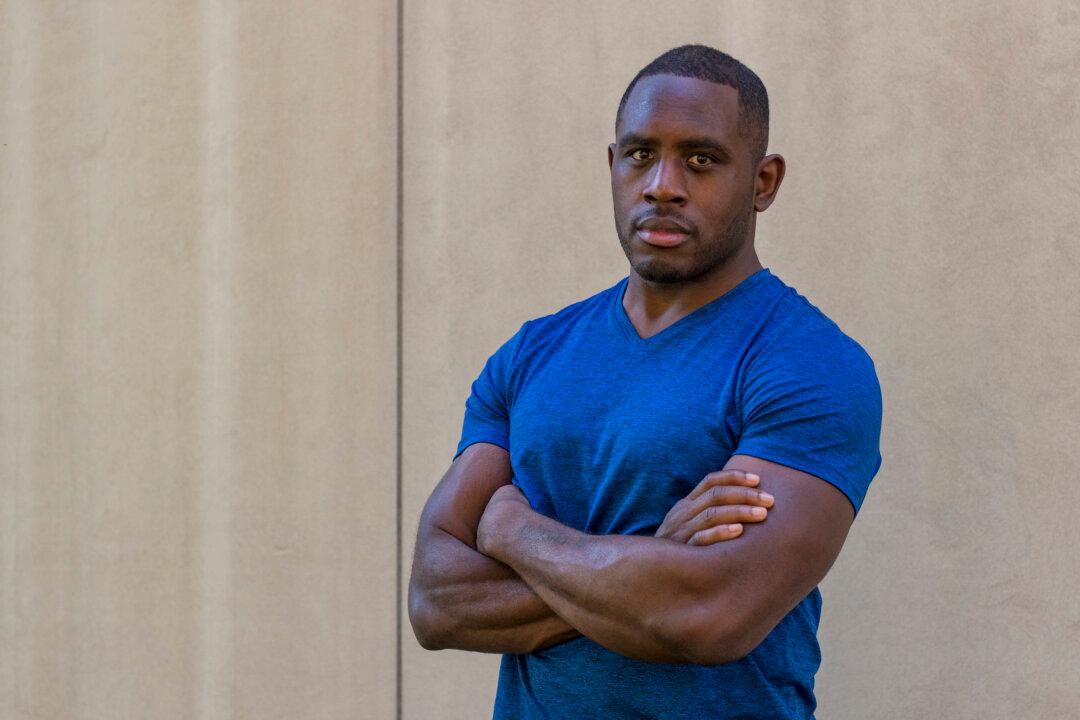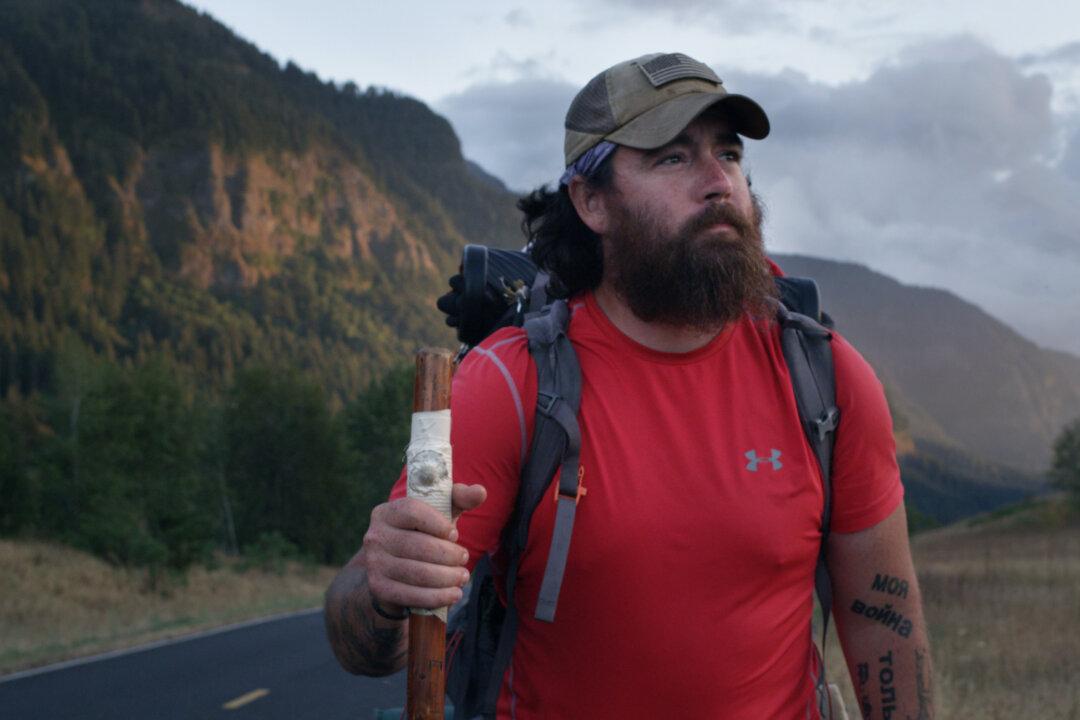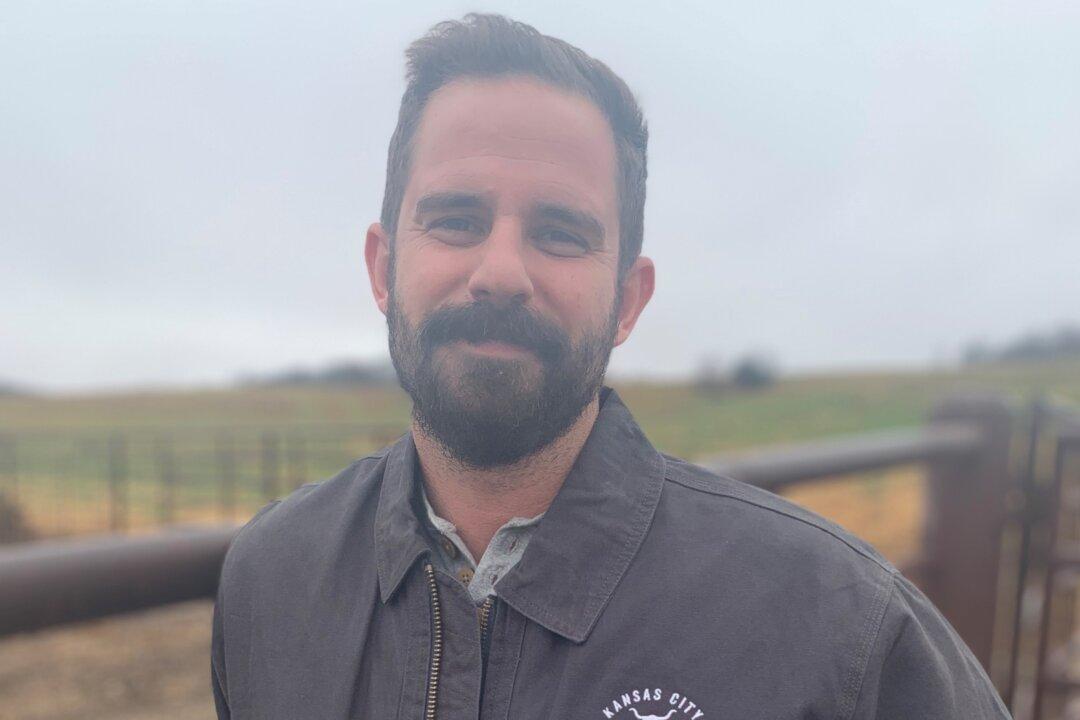Dr. Capri Cruz experienced unconscionable abuse and trauma growing up, and the anguish would continue well into adulthood. Despite the tremendous amount of adversity, she was able to make a fulfilling and gratifying life for herself and her daughter.
Cruz grew up in a housing project on the Lower East Side of Manhattan under the supervision of two parents who struggled with alcohol and drug abuse.






